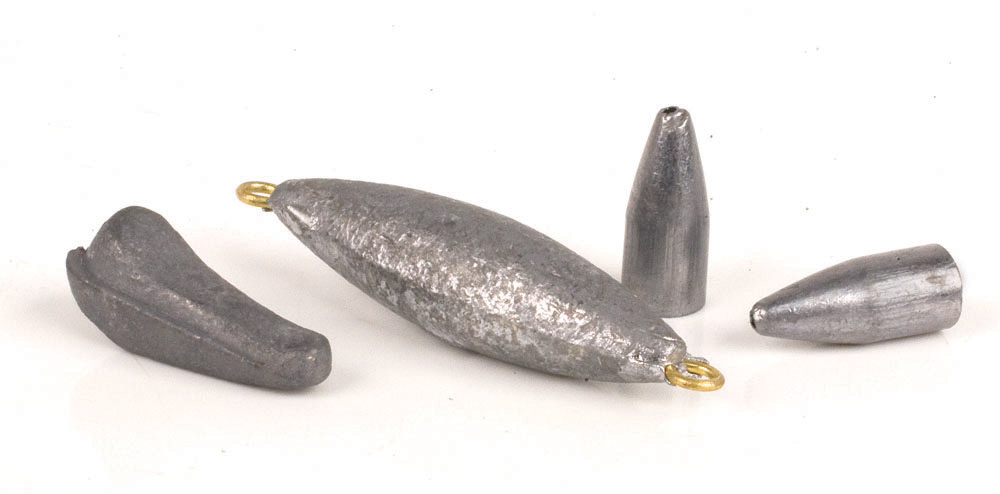Fishing tackle lead ban back on front burner

Signaling that they won’t take no for an answer, three environmental groups have filed suit against the Environmental Protection Agency (EPA) to force it to ban lead ammunition and lead used in various types of fishing tackle. The case will be tried in a federal court in Washington, D.C.
This summer the Center for Biological Diversity, Public Employees for Environmental Responsibility and a group called Project Gutpile that purports to represent hunters petitioned the EPA to outlaw lead ammo and tackle on the grounds that it poisoned waterfowl that ingested spent ammo or lost sinkers.
Though the EPA is charged with enforcing the Toxic Substances Control Act, it dismissed the lead ammo ban out of hand because it is forbidden by a provision in the law to regulate ammunition. In October, the agency turned down the fishing tackle ban, indicating the groups’ contention that lead used in fishing weights and lures posed a substantial threat to waterfowl populations was unconvincing.
National hunting groups such as the Boone and Crockett Club and the National Rifle Association lauded the EPA’s action with regard to lead ammunition, and fishing groups such as the American Sportfishing Association similarly praised its decision to deny the ban on lead in tackle. Sinkers and some lure components such as jig and spinnerbait heads are made of lead.
“I think that the EPA made the right decision in the first place,” says Mike Nussman, president of the ASA. “We’re going to be very interested in how the lawsuit unfolds. The National Shooting Sports Foundation already has intervened in the suit in support of the EPA. No doubt other groups will line up on either side as well.”
Two of the original groups that petitioned the EPA, the Association of Avian Veterinarians and the American Bird Conservancy, are not participating in the lawsuit.
“This will go through a long and expensive process now,” Nussman continues. “But it’s money that’s going to have to be spent to represent the interests of hunters and fishermen properly.”
Though nonprofit conservation groups such as the Center for Biological Diversity depend largely on tax-free donations, they also have access to funds made available through the Citizens Suit Provisions of the Endangered Species Act, and the Equal Access To Justice Act of 1948. The latter provides attorney fees of up to $125 per hour for groups involved in litigation against government agencies. Likewise, Citizens Suit Provisions that enable litigants to recover legal fees also involve taxpayer money.